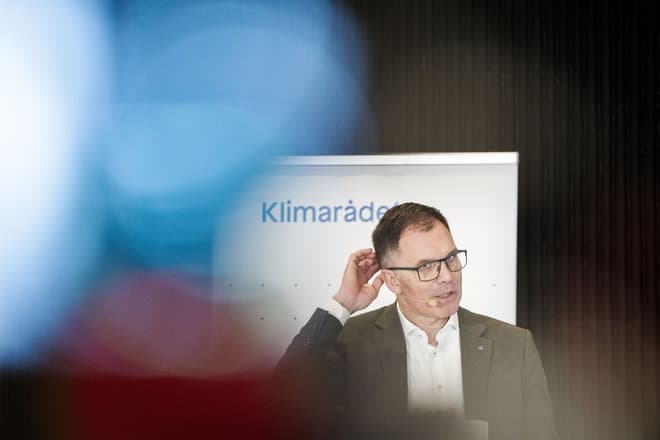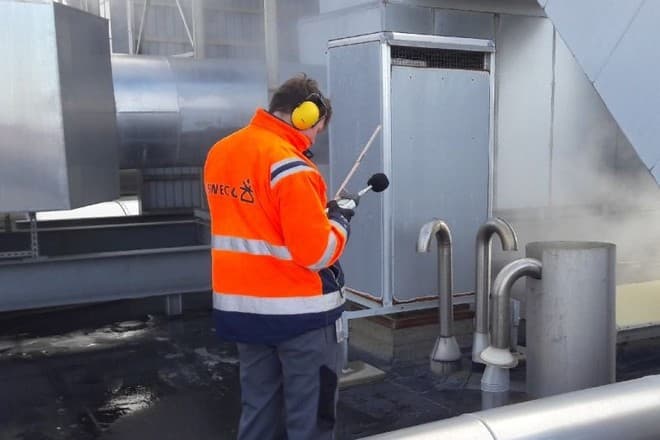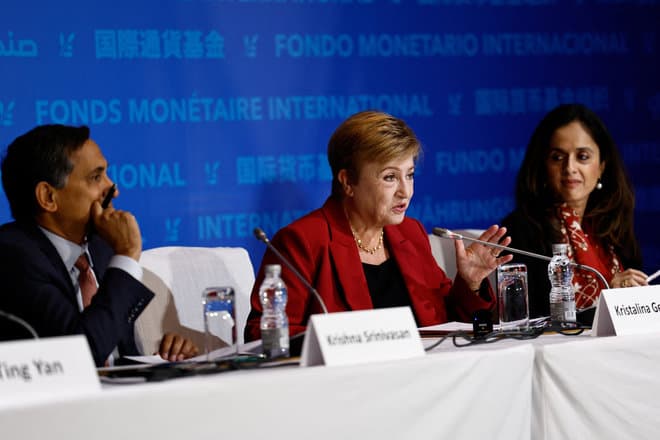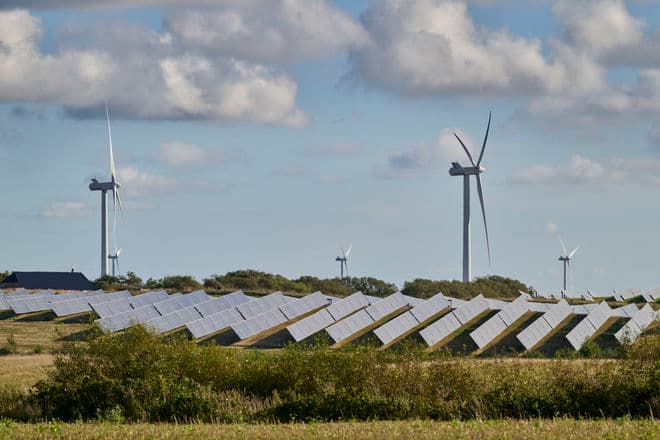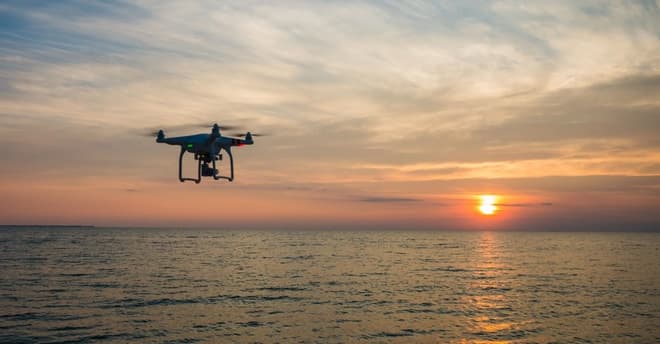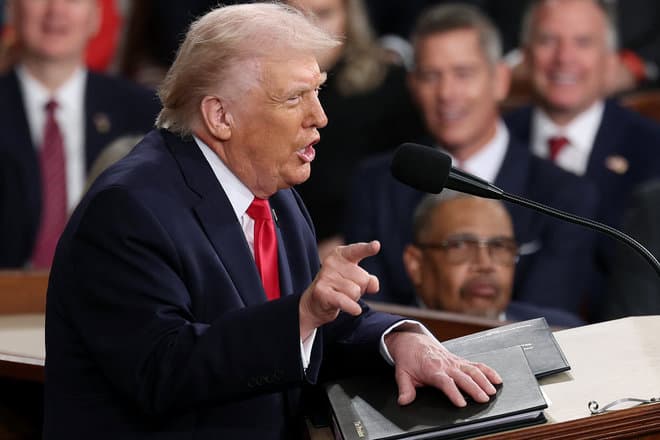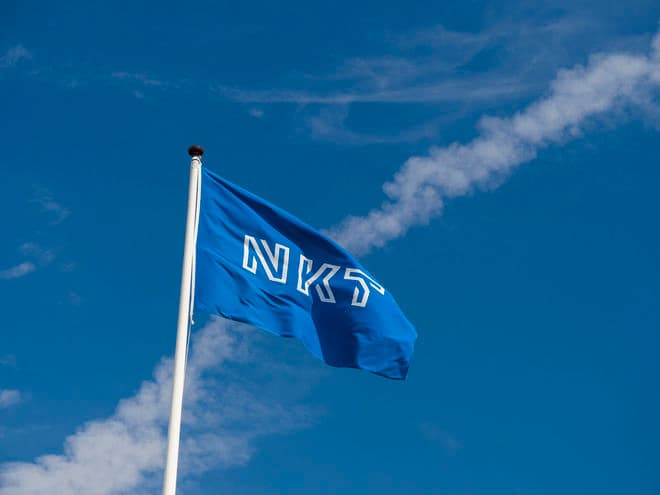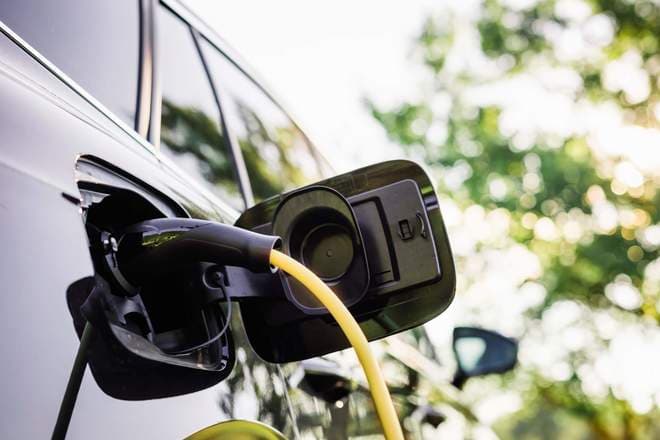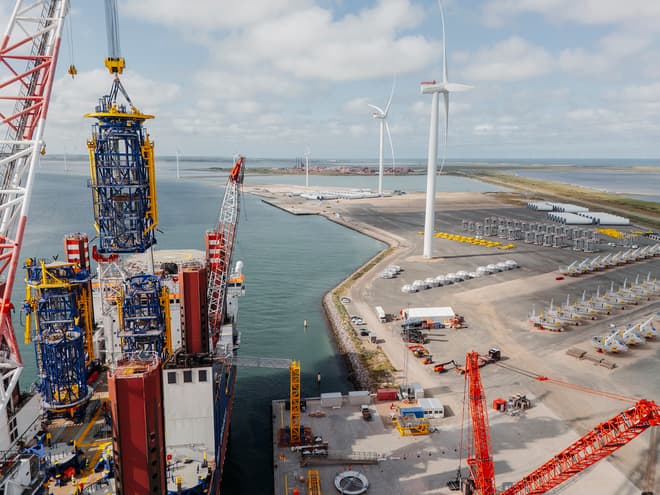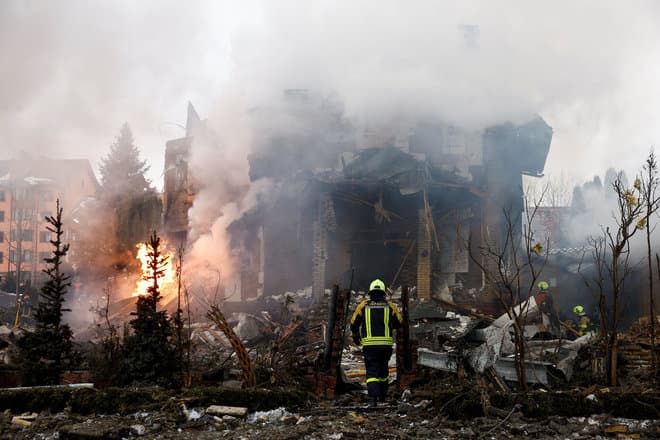Energy prices must be reduced, but this must basically be done in a way that does not require Denmark to finance cheaper energy in other EU countries. This is what Prime Minister Mette Frederiksen (S) says ahead of the EU summit in Brussels.
The Danish Prime Minister is thus starting a difficult debate that is dividing the 27 EU countries. Central and Eastern European countries in particular want to introduce a price cap on energy. They see this as the most direct path to a lower energy bill.
However, Germany, the Netherlands and Denmark, among others, fear that the tricky solution will ultimately trigger an additional bill for taxpayers across the EU if they have to pay for the differences between the price cap and the market price. This may be necessary to ensure that suppliers do not simply sell to other countries outside the EU.
- I am concerned with getting prices down both for the sake of the Danes and Danish companies. That is what we are going to discuss today. So I come here with an open mind, because prices are putting pressure on the Danes, says Mette Frederiksen.
Doesn't want to make it more expensive for taxpayers
However, she also makes it clear that Denmark will try to steer clear of solutions that will trigger new bills for European taxpayers.
- If you ask me whether I think it's a good idea for Denmark to finance something in other countries, I would say that I also represent the Danes who have difficulty getting their money to stretch. So that's of course not the main priority. That goes without saying, says Mette Frederiksen.
At an informal summit in Prague in early October, EU leaders failed to reach an agreement on price caps or not. The EU Commission has since come up with a proposal that, due to the lack of agreement among EU countries, leaves many unanswered questions.
Will postpone decision on price cap
Initially, the EU Commission is planning to postpone the most concrete proposal for a price cap. This is the so-called Iberian model, which Spain and Portugal have introduced on the Iberian Peninsula. However, if it were rolled out to the entire EU, it would mean that some EU countries would end up financing cheap energy in other EU countries.
The EU Commission has also proposed preparing to introduce an emergency brake on the Dutch gas exchange TTF. It should be possible to activate it in special cases to curb large price fluctuations. However, the EU Commission has not made any proposal on how high the price can go.
The complicated issues have divided France and Germany, which constitute the driving force of the EU. Therefore, it is expected to be difficult to reach an agreement at the summit, which ends on Friday.
Mette Frederiksen, however, chooses to focus on some of the issues that the EU countries are expected to be able to agree on.
- There are some pretty good common steps regarding joint purchasing, replenishing stocks and reducing energy consumption. This is important in handling this crisis. Then there are some difficult discussions today and tonight and I think tomorrow about a cap on gas prices, says Mette Frederiksen.
Although gas prices are still high, they have fallen significantly since the summer. Here the price was 359 euros per megawatt-hour, while it has since been more than halved to 118 euros per megawatt-hour.
/ritzau/
Text, graphics, images, sound, and other content on this website are protected under copyright law. DK Medier reserves all rights to the content, including the right to exploit the content for the purpose of text and data mining, cf. Section 11b of the Copyright Act and Article 4 of the DSM Directive.
Customers with IP agreements/major customer agreements may only share Danish Offshore Industry articles internally for the purpose of handling specific cases. Sharing in connection with specific cases refers to journaling, archiving, or similar uses.
Customers with a personal subscription/login may not share Danish Offshore Industry articles with individuals who do not themselves have a personal subscription to Danish Offshore Industry.
Any deviation from the above requires written consent from DK Medier.








